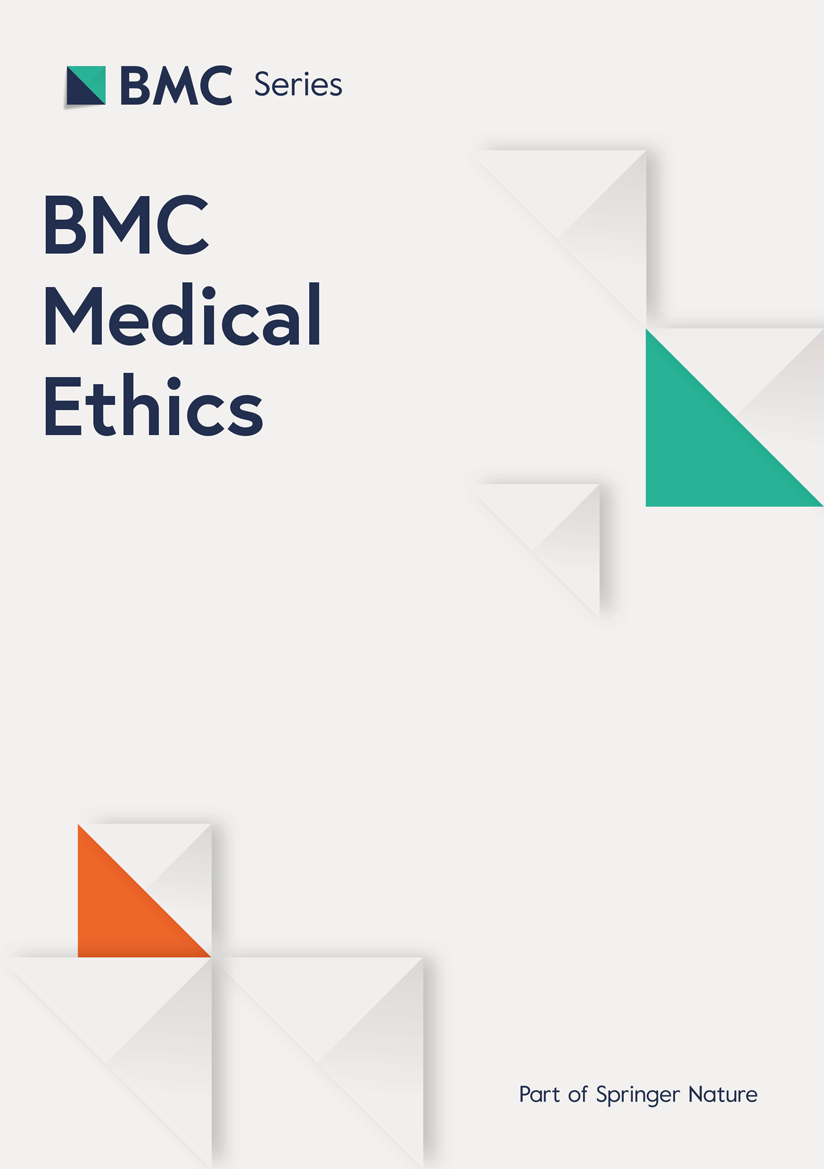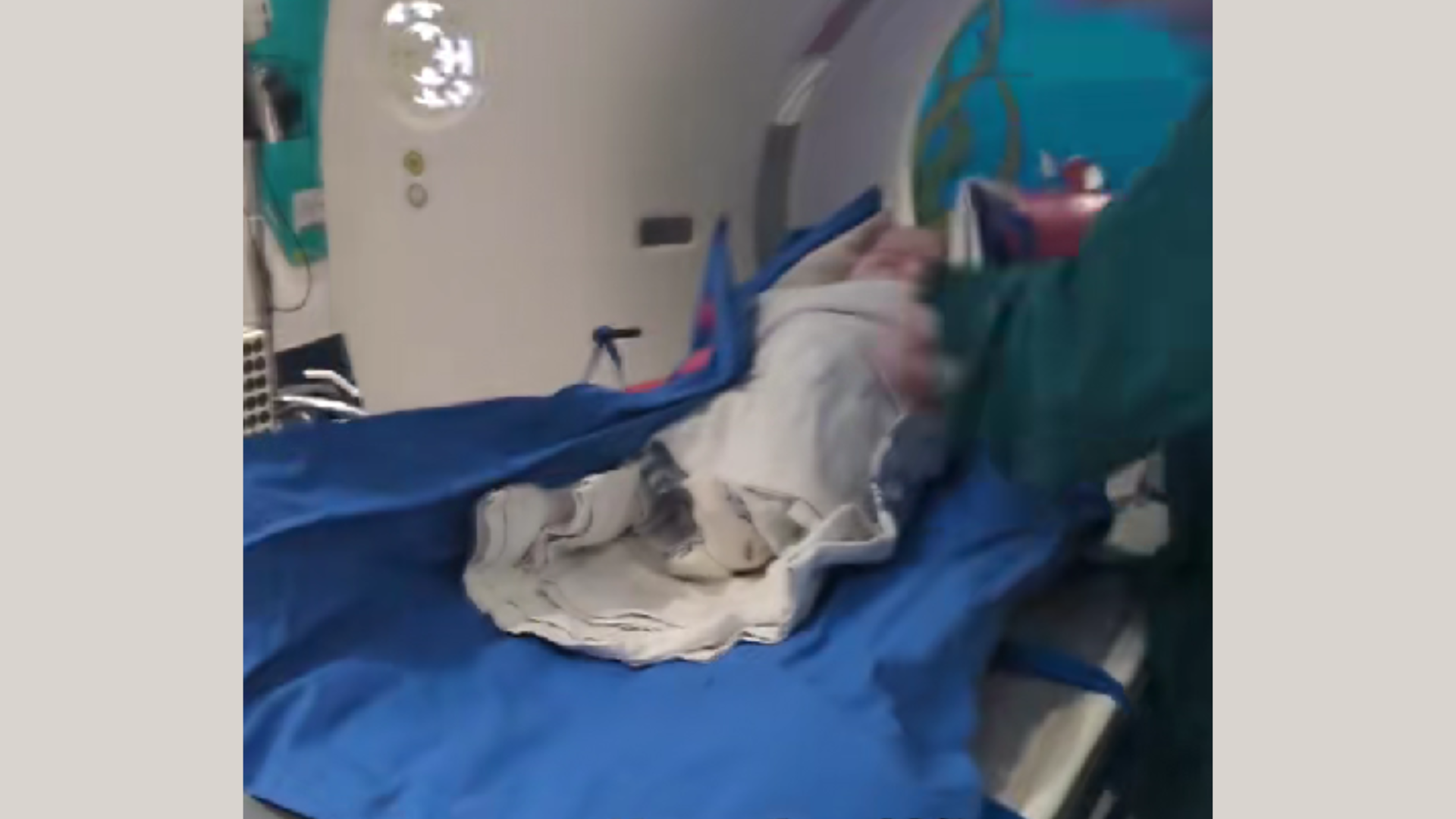Perceptions of important outcomes of moral case deliberations: a qualitative study among healthcare professionals in childhood cancer care | BMC Medical Ethics

The participants represented eight different professions: physician, registered nurse, nursing assistant, priest, psychologist, social worker, sibling supporter and hospital play therapist. Responses were received from 185 out of 275 HCPs who had received a questionnaire, representing a response rate of 67%. Of the 185 returned questionnaires, 161 included answers to the open question.
The results will be presented in themes and subthemes. The themes include: Interprofessional well-being in team interactions on a team level; Professional comfort when dealing with moral challenges on a personal level; and Improved quality of care for the child and the family on a care level. Themes and subthemes are presented below (Table 2) and quotations are used to exemplify the subthemes.
Interprofessional well-being in team interactions
Participants described how MCDs could promote outcomes related to interprofessional well-being through positive interactions and a permissive atmosphere within the interprofessional team as it tackles moral challenges. Moreover, interprofessional well-being is promoted by mutual respect between different professionals, and by the team having an inclusive attitude. Interprofessional well-being in team interactions includes four subthemes: Interprofessional understanding; Interprofessional decision-making; Permissive dialogue; and Being confirmed.
Interprofessional understanding
This subtheme concerns increased mutual understanding within the interprofessional team, involving both understanding between different professions and within their own profession. HCPs stated that understanding was an important outcome that could be achieved by sharing perspectives, as well as receiving the views and opinions of others.
“Increased understanding between individuals” (registered nurse)
Some participants emphasised the importance of a coherent view among co-workers that could help promote a peaceful and safe interprofessional team. Interprofessional understanding was considered important not only to promote interprofessional well-being, but also to improve interprofessional decision-making.
Interprofessional decision-making
In this study, participants wrote that one important outcome of MCDs was to enhance their knowledge of profession-specific facts, such as medical care, nursing care and the family situation. This was considered to be information that could help facilitate the team’s decision-making. It was also important to be able to discuss the pros and cons of decisions and actions.
“A place where we can discuss with each other and come to a decision” (registered nurse)
Moreover, interprofessional decision making included ensuring that the same information and a common overview of the situation were available to all members of the team. Several participants stated that they expected to agree on how to deal with moral challenges and reach well-founded solutions.
“Safer decision-making that the majority agrees on” (registered nurse)
“Well-founded decisions in difficult situations” (physician)
Besides the importance of improved interprofessional decisions, HCPs stated the importance of a permissive team dialogue.
Permissive dialogue
HCPs in this study described the importance of facilitating “free space” where different perspectives, problems and opinions could be aired openly as an outcome of MCDs. This included allowing everyone to have their say, with the same rights and opportunities to express themselves within the team.
“An open, permissive conversational climate” (registered nurse).
“Open discussion where everyone can have a say” (physician)
Several participants described a desire for the team to tolerate, respect and accept the reasoning of others and to understand people’s different approaches.
“To be able to discuss and voice the thoughts arising in ethically difficult situations” (registered nurse)
Furthermore, participants expected to encounter an environment in which no-one was judged, and where they could be confirmed.
Being confirmed
Participants described being confirmed as an important MCD-related outcome, allowing them to better handle moral challenges in care. Being confirmed meant feeling that their own thoughts and opinions were respectfully acknowledged by the team and that their feelings, opinions and thoughts were not considered strange. In the words of one participant:
“Confirmation that you are thinking along the right lines” (registered nurse)
Confirmation of their reasoning was considered to be an important outcome, generating a sense of security regarding what was ethically right or wrong in a specific situation. Another important aspect of confirmation was feedback on how previous situations had been handled, or that a case was in fact “ethically challenging”.
Professional comfort when dealing with moral challenges
Professional comfort when dealing with moral challenges involves increased feelings of competence and confidence and decreased feelings of anxiety. Professional comfort is also about feeling safe, secure and comfortable in handling moral challenges in clinical practice. It includes three subthemes: Moral and practical competence; Self-awareness and coping; and Moral courage and confidence.
Moral and practical competence
Increased moral and practical competence were viewed as important outcomes. Moral competence includes broadening the ability for moral reasoning and increasing the capacity for empathy. Participants found it important to develop analytical reasoning and to evaluate as well as prioritise between different ethical principles regarding treatment alternatives. Another aspect involved the development of creative reflection, which participants stated could potentially bring new perspectives and thoughts on moral challenges. Essentially, participants found it important to gain an understanding of the complexity of moral challenges. Moral and practical competence were also referred to in terms of the ability to quickly and easily understand whether a situation involves a moral challenge, and to identify the essence of what is actually difficult on a moral level.
“An enhanced ability to discern different aspects of moral dilemmas. Enhanced understanding of other perspectives in respect of moral reasoning” (physician)
Besides moral competence, practical competence was also considered important. Practical competence includes facilitating a professional approach and knowing how to do things. For example, how to communicate difficult and sad information and what information to convey to the child and their family. It was also considered important to be able to deal with crises and demanding situations such as poor prognoses and death.
“Better equipped and more tools to handle ethically difficult situations” (registered nurse)
“Enhanced security in our profession. Broaden my expertise and increase preparation for potential scenarios in the care of our patients” (registered nurse)
Self-awareness and coping were also given as important MCD outcomes in order to reach a certain level of professional comfort when dealing with moral challenges.
Self-awareness and coping
Participants expected MCDs to potentially lead to greater self-awareness. HCPs considered it important to improve their ability to understand themselves and their own opinions and perspectives, and to be aware of why they do what they do.
“Understanding your own reactions and the reactions of others, greater self-awareness, greater acceptance of your own resources and abilities…” (registered nurse)
It was important for participants to find peace of mind when decisions were made on challenging cases, even if such decisions were perceived to be unsatisfying. Moreover, participants referred to important outcomes that were related to self-control; for instance, improving their own deliberations before making decisions on situations.
Coping with moral challenges was considered to be an important outcome and was described as being able to handle and reduce feelings of inadequacy and moral distress. “Reducing moral distress” (nursing assistant). Several participants indicated that they thought that MCDs could help reduce stress in challenging situations.
“Reducing stress in relation to complex ethical conflicts; for myself, and within the professional team” (physician)
Minimising challenging thoughts after work was also described as an important outcome by participants, helping them to cope, because the moral challenge has already been dealt with in the MCDs. HCPs also expressed that they felt it was important to develop moral courage and confidence.
Moral courage and confidence
There was an expectation that participating in MCDs could increase moral courage, both when caring for children and their families and when communicating within the team. Participants described moral courage as being brave and confident enough to speak up and support others to express their opinions on moral grounds, and to dare to argue in favour of them despite other HCPs’ values and opinions.
“Giving me greater strength and supporting others to dare to express ethical considerations and possibly ‘differing opinions’” (physician)
Participants declared that sharing their own and other HCPs’ experiences, thoughts and feelings in MCDs was a way of potentially enhancing self-confidence. Participants also said it was important to develop the courage and confidence to talk about difficult situations such as treatment levels, palliative care and the perspectives of the family and child.
“Being braver to handle all kinds of situations” (registered nurse)
“Security in meeting people in difficult situations and in dealing with ethical dilemmas. To be able to meet people, to dare.” (registered nurse)
It was about venturing to spend time with the child and their family in their vulnerable situation and being able to handle the family’s feelings of shock when they are told of a poor prognosis or death.
“I would like to be able to handle a crisis in cases of poor prognosis and death” (registered nurse)
Improved quality of care for the child and the family
Participants described how MCDs could promote the quality of care for the child and the family in several domains, which forms three subthemes: Understanding of the family situation; A common care plan; and Supporting the child and family.
Understanding of the family situation
HCPs described achieving a deeper understanding of the family situation when caring for a child with cancer as an important outcome. Understanding of the family included increased respect for the family’s opinions and seeing the child as a part of his/her family.
“Greater understanding of how a child’s difficult situation affects the child’s own family” (social worker)
This also relates to the ability to see and to understand differences in various families, described by one nursing assistant as “seeing who you have in front of you”. It was also described as important to understand the family situation throughout the whole care process and to take the best interests of the child and the family into account. Moreover, it was considered important for the team to develop a common care plan that the family also agreed with.
A common care plan
HCPs stated that one important outcome was to generate, together with the family, a distinct common care plan for the child which included what was best for the child.
“Ensuring that both the HCPs and the family feel that the decisions made are right for the child” (registered nurse)
“Better care, with more thought going into it” (registered nurse)
Other aspects involved maintaining good care for the child and their family, adhering to the care plan and facilitating the follow-up and evaluation of previous care initiatives.
“Follow-up and evaluation of our choices and actions” (registered nurse)
Some participants felt it was important that MCDs create a possibility for HCPs to be capable of planning for continuity of care, allowing the same HCPs to continue to care for the child and their family. Participants also thought that supporting the family was an important outcome, which could lead to better care for the child and their family.
Supporting the child and family
HCPs described the provision of better psychological and social support for both the child and their family as another important outcome of MCDs. Being supportive was described as giving the child and their family good and safe care, and particularly improving care for families in crisis.
“Better care for families who are in shock” (registered nurse)
“Better care and support for the family” (registered nurse)
Comforting and listening to families, and talking about difficult situations and moral challenges, were also seen as important outcomes out of MCDs. Also important was the ability to prepare children and their families for future care initiatives, as well as knowing when and how to perform caring procedures. Supporting the family also includes being better prepared for problematic relationships in care situations, such as mediating in conflict situations.
link




:max_bytes(150000):strip_icc()/asian-sick-little-girl-lying-in-bed-with-a-high-fever-952683074-5b5b784046e0fb005027ca13.jpg)

